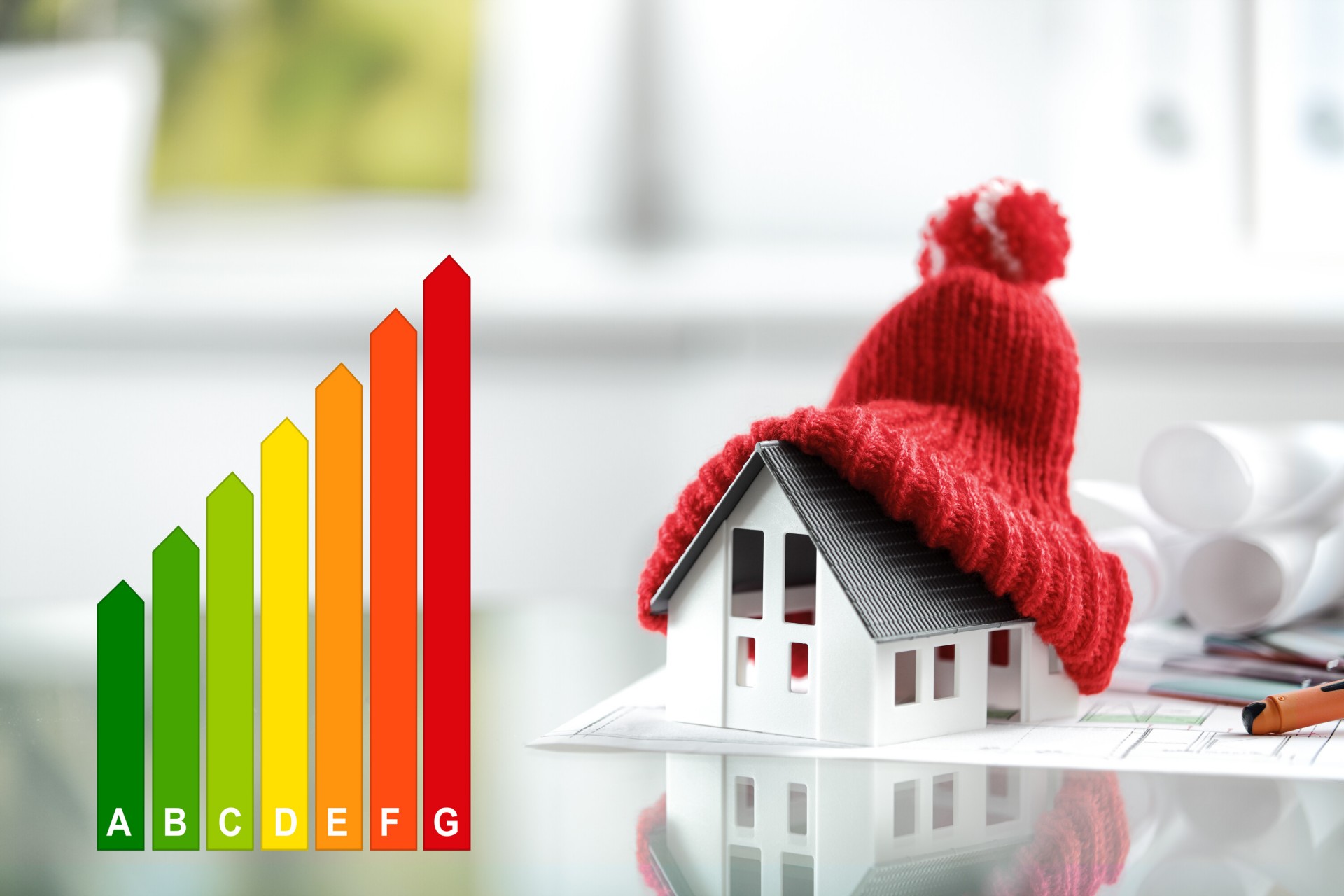
People are more conscious of their energy usage and its impact. If you are considering installing a heating or cooling unit in your residence, consider an air-to-water heat pump system. These systems absorb ambient air flows with humidity and transfer water vapour into liquid water. These units' primary purpose is heating or cooling homes throughout North America and some other countries globally.
Using a heat pump to transfer heat from a room with low humidity or high temperature to a room with high humidity or low temperature is not new. The technology has been around since the early 1900s, but it used to require more mechanical components.
In the 1990s, these systems were bulky and expensive, using old refrigeration techniques that needed to be more efficient and easier to maintain. Fortunately for installation technicians today, advanced technologies have allowed them to build miniature versions of cooling and heating systems that are affordable and easy to install. These systems can be found in various buildings, such as hospitals and offices.
How Does Air-to-Water Heat Pump Systems Work?
The air-to-water heat pump system is one example of today's miniature versions. It has been stated by many within the industry that these systems are more cost-effective than other cooling or heating options available to building managers and homeowners.
The unit consists of two chambers, one that absorbs moisture into its cooling coil and one with a heating coil. This heating coil absorbs heat from outside sources such as solar irradiation or pollutants. It then transfers this heat into water vapor. Once the moisture is in liquid form, it exits the system by going through the cooling coil to be condensed back into the water. The unit can then use this water to warm or cool a building.
What to Look for in a Heat Pump
When shopping for an air-to-water heat pump, you should have precise specifications on what you are looking for. Not all units are capable of doing the same things. To find one suitable for your project, you must evaluate several options before making a final decision.
- Power Consumption
If you use an air-to-water heat pump, you must consider the amount of power it will consume, especially if you have a history of exceeding your electricity limits. An air-cooled heat pump with a high power rating will cost more money over time than one with a lower rating. - Horsepower
In order for a unit to work correctly, it needs enough horsepower. Heat pumps can differ in output and performance depending on their horsepower level. - Energy Efficiency
Energy Efficiency is a significant factor when comparing air-cooled heat pumps to other heating and cooling options. You need to understand how much power the unit will consume to know what to expect regarding monthly bills. - Size
Size is another important consideration when comparing different air-cooled heat pumps. It would help if you ensured that the unit you are considering would fit your home or building well. For example, if your residence is a large, installing a small, compact unit would not make sense.
Advantages of an Air-to-Water Heat Pump Systems
- Efficiency
One of the main advantages of using an air-to-water heat pump is its efficiency. A typical air-cooled heat pump system is 40% more energy efficient than traditional heating systems. During the heating season, most households use over 30% of their overall energy for heating, which means that this system can reduce the amount you need for cooling during the summer months. - Safety
Another advantage of using air-to-water heat pump systems is their safety. The primary threat to the health and safety of people working near these units is the toxic gases emitted from their condensers. The danger from these gases, including ammonia and hydrogen sulfide, can be reduced or eliminated by installing a proper ventilation system. - Versatility
An air-to-water heat pump has versatility matched by a few other cooling or heating systems. It is because it can work as either a heating or cooling system for your home. If you wish to warm your home during winter, this unit will work perfectly fine. It will also efficiently cool it during the warm part of the year. During freezing weather, an air-to-water heat pump system can use an onboard electric heater to keep your home comfortable. - Durable
Air-cooled heat pumps are designed with high-quality materials to ensure durability. These units are made from stainless steel and high-quality plastics to prevent corrosion, rusting, and cracking caused by extreme weather conditions. Many homeowners use air-cooled heat pumps because they are easy to install and maintain.
Whether you are looking for the most efficient heating and cooling unit for your residence or a reliable option for your next commercial building project, an air-to-water heat pump is a viable choice. They are cost-effective and safe, making them ideal options for many homeowners.
A significant benefit of an air-to-water heat pump is that it easily adapts to outdoor conditions. These units are perfect for homes in areas where the weather is unpredictable and extreme. This property allows building managers to design a team that can be modified to work in any location.
In addition, this system is known for keeping the environment cool even when it is used during the winter months. It also makes an excellent choice for any office building because it can maintain temperature levels without causing cooling bills, which are usually more expensive than heating bills.
---
If you're looking for a reliable and long-lasting heat pump or heat pump water heater, contact HeatPumps.ca. Our track record of faithful operation and longevity is a testament to our commitment to quality. Additionally, be sure to check out our heat pump rebates and incentives to save even more money.




